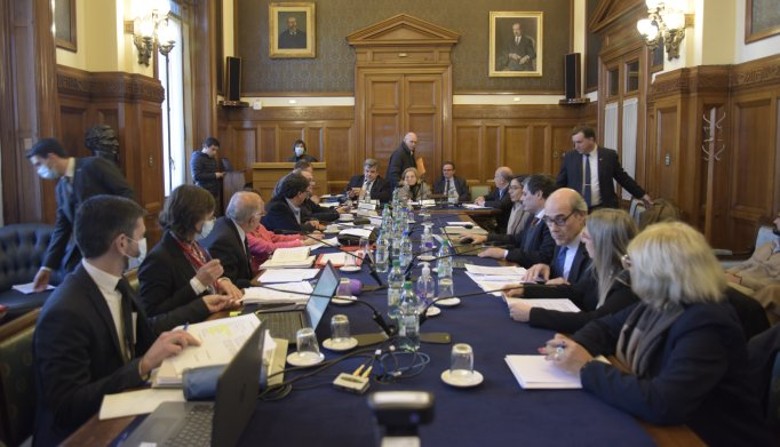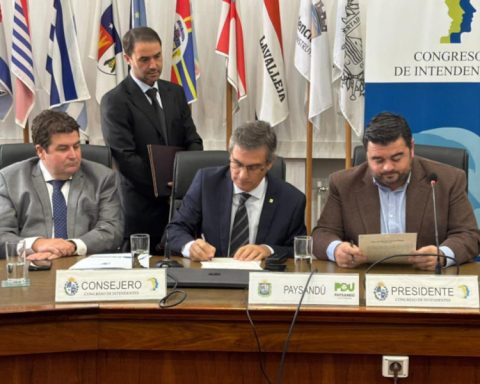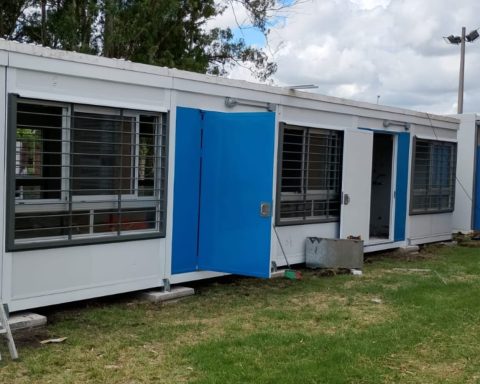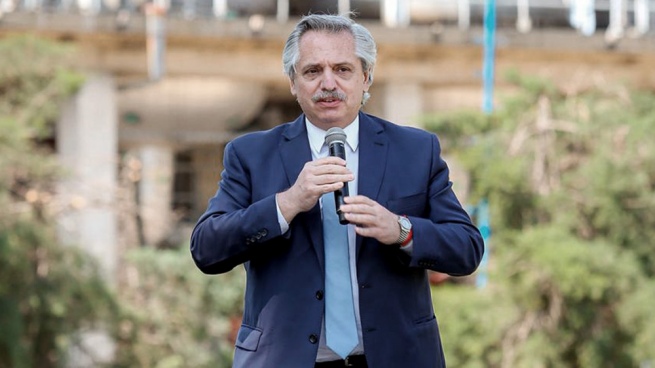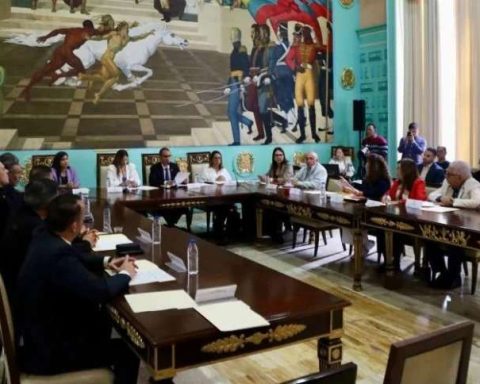The initiative that proposes to regulate the procedural aspects of Shared Tenure was voted by five legislators of the government coalition and was rejected by two senators of the opposition. It is considered in the Legislative Palace that the text will be subject to deliberation by the Senate on Tuesday, August 2, to pass to Deputies.
The session of the Constitution and Legislation Commission of the Senate had scheduled a hearing with the authorities of the Institute for Children and Adolescents of Uruguay (Inau), whose directors gave a favorable position to the project, but as an unofficial opinion of the body, as explained the head of the institution, Pablo Abdala.
As detailed by Abdala, of the three hierarchs of the Inau, two have a favorable position and one against the initiative: “We thought it was not prudent to force a vote and make the institution tell the opinion of its circumstantial directors,” said Abdala, who found it more successful that each director gave his point of view.
“We have a favorable opinion. We believe that it improves current legislation. We believe, as we said in committee, that a somewhat contradictory circumstance has arisen: the debate has traveled along different lifts from those on which the bill itself passes. I believe that the project has certain contents and the debate has focused on aspects that are not in the project and that the project does not establish”, affirmed the director of Inau.
Senator José Carlos Mahía, one of the parliamentarians who voted against the bill, stated that “the main victims are the children and adolescents because a bill has just been enshrined in committee that gives it an exclusively adult perspective and that makes very complex modifications from the point of view of rights”.
“” Bills of this nature. They do not have to have as their central axis the disputes between father and mother (…) but the center has to be the right of the boy, the girl and the adolescent”, sentenced the legislator of the Seregnista-Progresista Convocation.
“Although the bills that have been dealing with the issue are long-standing, even from the beginning of the legislature, what happened now was a substitution of the bill; there is a new one. Faced with a new project, there was only one vision that we expressly requested, which was that of Inau, which also failed to have an institutional position, it came with a majority and a minority, ”he said.
Mahía stressed that all the organizations that work on the issue of girls and boys have a position contrary to the initiative and stated that “it is very striking” that a highly sensitive issue has been dealt with quickly, noting that hopefully in the second chamber (in the case of Deputies) changes can be introduced.
“We are all in favor of shared ownership. We are all in favor of co-responsibility in parenting. With those titles we all agree. The issue is when you go to the contents”, specified the senator.
For Mahia, it is appropriate to ask about the presence of the parents of minors during the process with all the data on violence against children and adolescents” by direct relatives. “How can the defense attorney be forced by law to go with both parents when the violence may come from one of them”:
Meanwhile, Senator Carmen Asiaín (herrrerismo) claimed that the government coalition managed to agree on a text that managed to be voted on to reach the plenary session of the Senate. “We conceive it as a right of children to maintain a coexistence with their parents when that circumstance occurs that is undesirable for children, which is separation.”
“It is designed for normal situations, in which there was a disagreement between the parents and it seeks, in compliance with international standards (…) that the children continue to live together because they receive guidelines from each of the parents, they receive training and the development of the personality depends on coexistence”.
According to Asiaín, the modifications to the project “were very few” such as a wording that eliminated causes of loss of parental authority or the elimination of the limitation of a maximum of five cases by public defenders.
